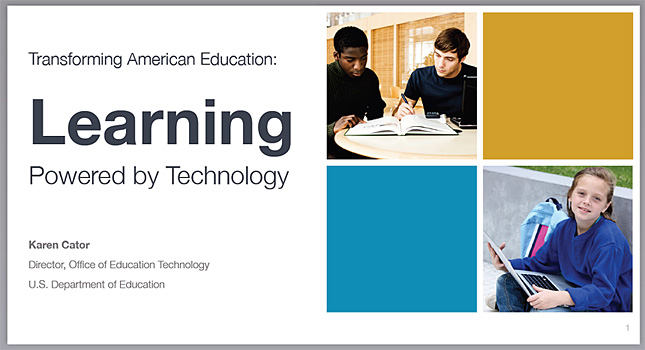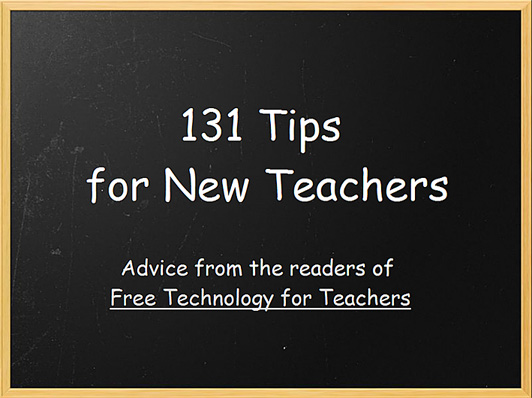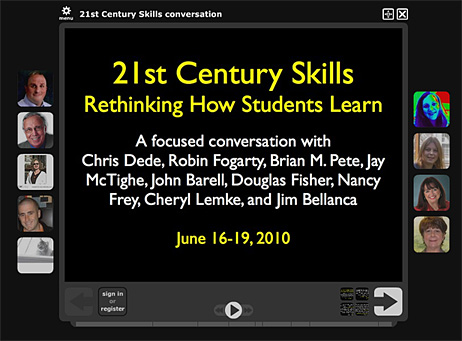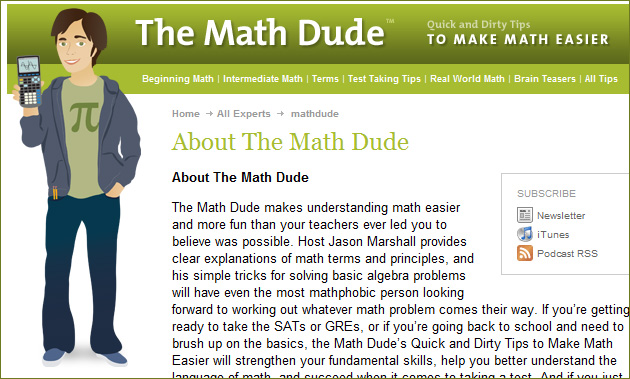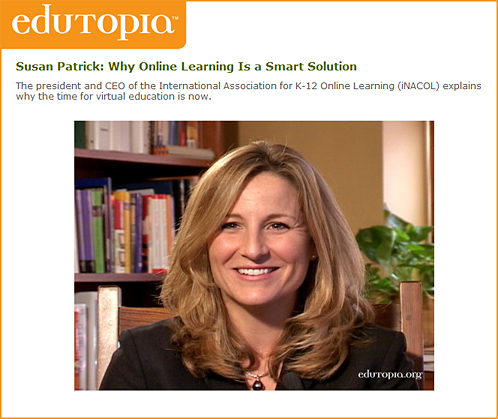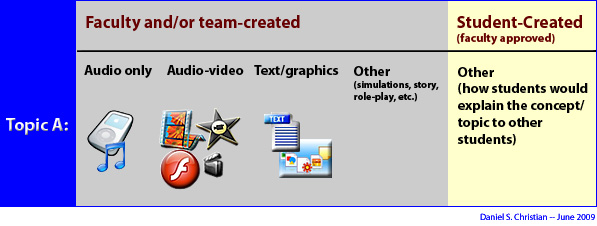.
In July 2009, YouMedia launched as an ambitious attempt to re-imagine the library as a more relevant learning resource for today’s teens. Understanding that the landscape has changed how teens learn, socialize and self-identify, how do we remix the public library experience so it can truly engage teens in a way that supports its core mission? A partnership between the Chicago Public Library and the Digital Youth Network, YouMedia took on this task through the creation of a unique 21st century physical learning space and an innovative online space to connect learners 24/7. The 5,500-square-foot space is open seven days a week to any Chicago teen, where they have access to more than 100 laptops and desktop machines, professional grade cameras and software, and a full music studio all at no cost.
From the “About Us” page at YouMedia:

YOUmedia is an innovative, 21st century teen learning space housed at the Chicago Public Library’s downtown Harold Washington Library Center. YOUmedia was created to connect young adults, books, media, mentors, and institutions throughout the city of Chicago in one dynamic space designed to inspire collaboration and creativity.
High school age teens engaging with YOUmedia can access thousands of books, over 100 laptop and desktop computers, and a variety of media creation tools and software, all of which allow them to stretch their imaginations and their digital media skills. By working both in teams and individually, teens have an opportunity to engage in projects that promote critical thinking, creativity, and skill-building.










